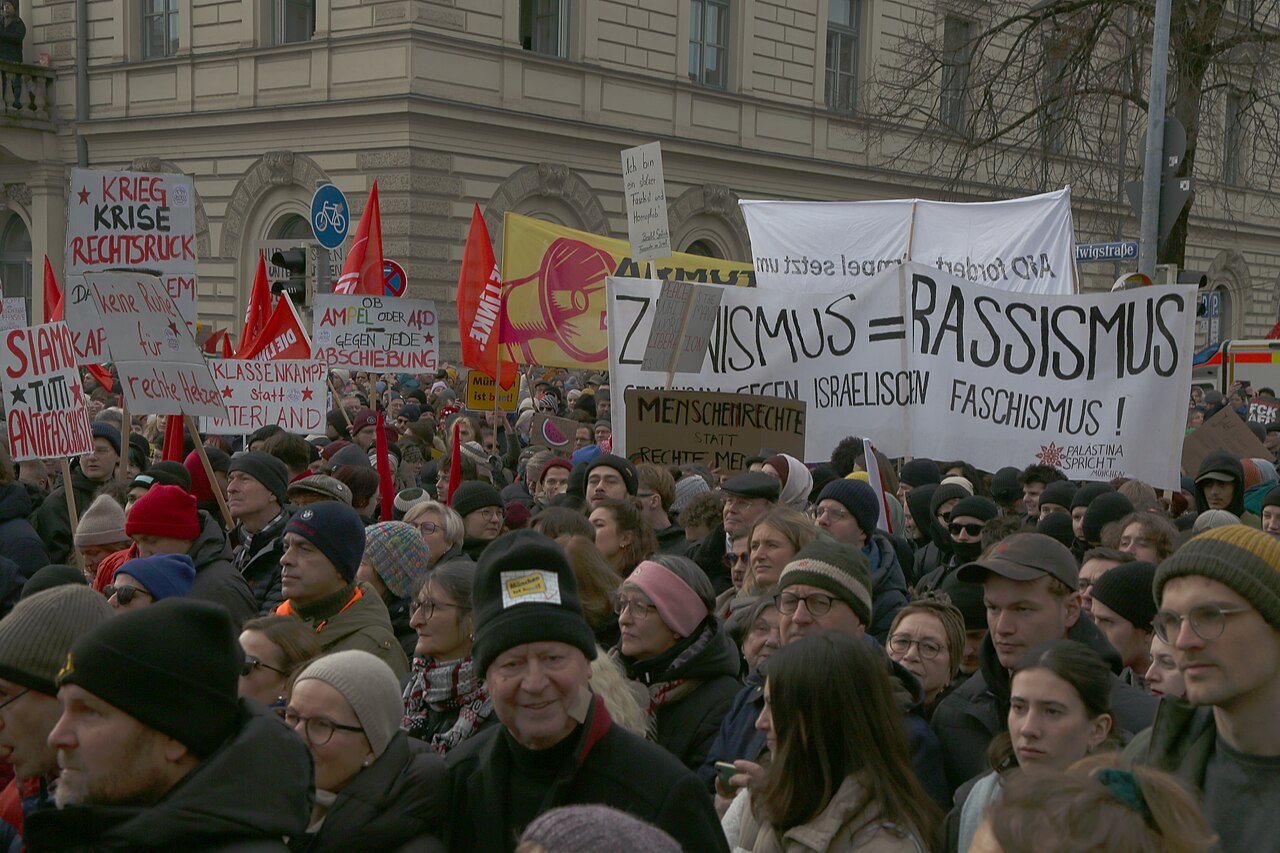Read the full essay here.
In a democracy, it is the job of political parties to respond to the needs and demands of citizens. Yet for decades while migration was transforming West European countries, mainstream parties did not address these changes or grapple with their far-reaching social and economic consequences. This created a gap between many citizens’ preferences and the appeals and policies offered by mainstream parties. Such “representation gaps” can disrupt party systems, particularly when the issues on which such gaps center become highly salient. This is precisely what happened in Europe. The representation gap that emerged between mainstream parties and voters on immigration created an opportunity for another party to capture discontented voters — which is precisely what right-wing populists did.
Image Credit: H-stt

